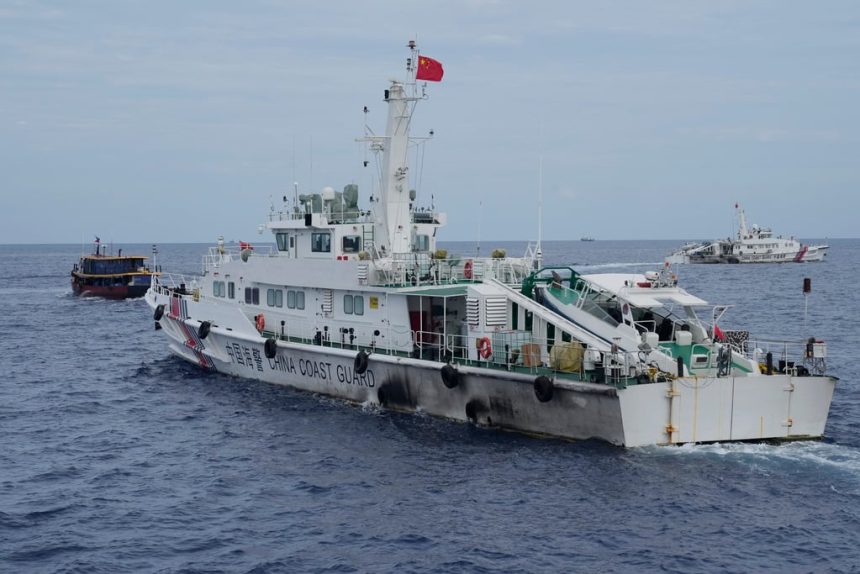Incident Overview
In a landmark move, Taiwanese prosecutors have charged a Chinese ship captain, identified only by his surname Wang, with intentionally damaging an undersea communications cable off the island’s southwestern coast in February 2025. This marks the first time Taiwan has prosecuted an individual for such an offense.
Details of the Alleged Damage
The vessel in question, the Hong Tai 58, is a Togolese-flagged cargo ship crewed by Chinese nationals. Taiwanese authorities detained the ship after suspecting it had dropped anchor near an undersea cable, leading to its damage. Prosecutors allege that Captain Wang ordered his crew to drop anchor approximately 5 nautical miles west of Tainan’s Beimen District and maneuvered the ship in a zigzag pattern over the cable, suggesting deliberate sabotage.
Legal Proceedings and Charges
Captain Wang has been charged under Taiwan’s Telecommunications Management Act, which penalizes actions endangering the normal functioning of submarine cables with imprisonment ranging from one to seven years and potential fines up to NT$10 million (approximately US$305,764). Wang has denied any wrongdoing and has refused to disclose details about the ship’s ownership. Seven other Chinese crew members were detained but will not face charges and are set to be deported.
Context of Rising Tensions
This incident occurs amid escalating tensions between Taiwan and China. Taiwan has reported an increase in undersea cable malfunctions, with five cases in 2025 alone, compared to three each in the previous two years. Taiwanese officials have expressed concerns over “grey zone” tactics employed by China, including balloon overflights and sand dredging, aimed at exerting pressure on the island without direct military confrontation.
International Parallels and Implications
The deliberate damage to undersea cables is not unique to Taiwan. Similar incidents have been reported in the Baltic Sea, where vessels linked to Russia have been suspected of sabotaging critical infrastructure. These actions highlight the vulnerabilities of undersea communication lines and the potential for them to become targets in geopolitical conflicts.
Conclusion
The prosecution of Captain Wang underscores Taiwan’s commitment to safeguarding its critical infrastructure amid growing external pressures. This case sets a precedent for addressing similar incidents in the future and highlights the importance of international vigilance in protecting undersea communication networks.











